We all know what is at stake in the November election - rejecting authoritarianism, saving democracy, kids in cages, equal rights, climate change, health care, and decency to name just a few.
As if you don't need another reason to vote, 2020 could also be the biggest year in cannabis since 2016 when nine states legalized medical or recreational cannabis. All told, six states have some type of reform on the ballot box including New Jersey, which could start the dominoes falling toward to a new, multi-billion dollar recreational cannabis market in the Northeast.
To get you ready, The Bluntness takes a brief look at the states considering medical or recreational marijuana at the 2020 ballot box.
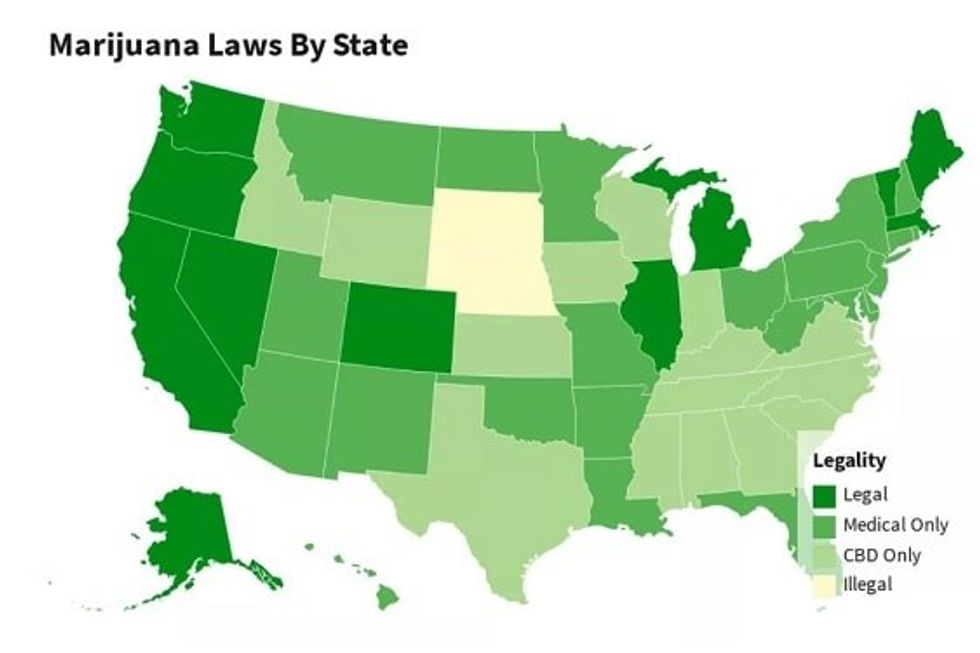
The Vote for Cannabis Legalization: Medical Use
UPDATE: Nebraska's medical cannabis measure was removed from the ballot after a lawsuit went all the way to the state's Supreme Court.
1. NEBRASKA: Residents will vote to legalize medical marijuana this November after the advocacy group Nebraskans for Medical Marijuana powered through the COVID-19 pandemic and collected enough signatures to put the measure on the ballot. If approved by voters, the law would allow patients 18 and older to access and use medical marijuana when recommended by a physician or nurse practitioner. Sales will not be taxed.
The state's 2016 medical marijuana measure named "The Compassion and Care Act" was blocked by senate filibuster after encountering "stiff opposition" by far-right Republican Governor Pete Ricketts (R), who remains a vocal opponent.
A February 2017 poll showed 77% of likely voters favor allowing doctors to prescribe medical marijuana to patients with serious illnesses or conditions.
2. MISSISSIPPI: Mississippi is a mess. Initially, advocates, citizens and health care professionals put forward Initiative 65 to provide patients with qualifying conditions access to medical marijuana via licensed dispensaries, while also creating an access system for debilitated individuals.
Republicans then introduced their own version, Initiative 65A, which basically restricts access to "terminally ill patients" requiring only "pharmaceutical grade marijuana" which, outside of prescription medicines Epidiolex (CBD) and Dronabinol (THC), does not exist.
By creating this level of intentional confusion, Republicans will probably succeed in defeating both initiatives and deny access to the 67% of Mississippians who support medical marijuana.
RELATED:The Idaho Cannabis Coalition Ends Efforts for 2020 Medical Marijuana Reform
The Vote for Cannabis Legalization: Recreational Use
1. NEW JERSEY: Backedby popular Governor Phil Murphy, supported by 68% of likely voters and faced with at least a $9.9 billion budget deficit due to the COVID-19 pandemic, New Jersey is as close to a slam dunk as you can get for the approval of recreational cannabis. The measure would legalize the cultivation, processing, and sale of retail cannabis with a modest 6.625% sales tax. The bill would take effect January 1, 2021.
If the measure does pass, lawmakers will still have to appoint a regulatory commission meaning actual sales would not commence until late 2021.
2. ARIZONA: Despite a challenge by the right-wing PAC "Arizonans for Health and Public Safety", the measure to legalize marijuana officially qualified for the November ballot in July. Smart & Safe Arizona creates a market for regulated sales, allows adults to possess up to an ounce of marijuana, and permits previous offenders to petition the court for expungement.
Arizonans narrowly rejected a similar measure in 2016, yet the latest polls show 62% voter support for legalizing cannabis, with only 32% in opposition.
3. MONTANA: Despite setbacks due to COVID-19, New Approach Montana managed to meet the minimum signature requirements and place two cannabis legalization initiatives on the November ballot. Initiative 190 would legalize recreational cultivation and sales with a whopping 20% excise tax, while Initiative 118 sets the legal age for purchasing, consuming, or possessing marijuana at 21.
Montanans approved medical cannabis in 2004 and the most recent polling shows 54% of likely voters support the measure compared to 37% who oppose. The incremental taxes from new cannabis sales may play a key factor in voters' minds as Montana, which has no sales tax, faced a significant budget shortfall even before the pandemic.
4. SOUTH DAKOTA : In January,South Dakota became the first state to put medical (Initiated Measure 26) and adult-use (Constitutional Amendment A) measures on the same ballot, a daunting task in a state with the most draconian marijuana laws in the country. Nonetheless, Deputy Director Matthew Schweich of South Dakota's Marijuana Policy Project (MPP) seems unfazed.
It’s exciting that we’re able to make progress more quickly, and we did our research and we found that a majority of South Dakota voters support both medical marijuana and adult-use legalization. We’ve done our homework and we’re confident that both can pass if we run an efficient campaign.
Matthew Schweich, MPP Deputy Director
South Dakota is one of three states without any legal cannabis legislation on its books and most experts agree that neither measure has a strong chance of passing. Even if they do, look for the highly conservative, Republican legislature to delay implementation for years.
Recreational Cannabis: The Domino Effect
After so much promise, Northeastern States took a pass on cannabis legalization 2019, even though the governors of New York, Rhode Island, Connecticut, New Jersey and Pennsylvania signaled their support.
But, all that could change if New Jersey becomes the first domino to fall this November. Post election, every Northeastern State will be under enormous pressure not to stand on the sidelines as New Jersey - just a bridge, tunnel or a tollway ride away - enjoys the windfall of incremental tax revenues and small business start-ups from a burgeoning, new, industry.
And, given the enormous budget deficits these states face due to the current health crisis, legalizing cannabis seems a lot more palatable than raising taxes.
New York should be the second domino to fall as Governor Andrew Cuomo and the legislature fully expected to proceed with adult-use legalization before the COVID-19 pandemic. The good news is that if lawmakers can get back to some semblance of business as usual, legalization can be handled by the state legislature and will not have to wait for a statewide vote.
Cuomo's office has estimated that recreational cannabis sales would bring in $300 million in taxes annually, assuming sales in the $2 - $2.5 billion range.
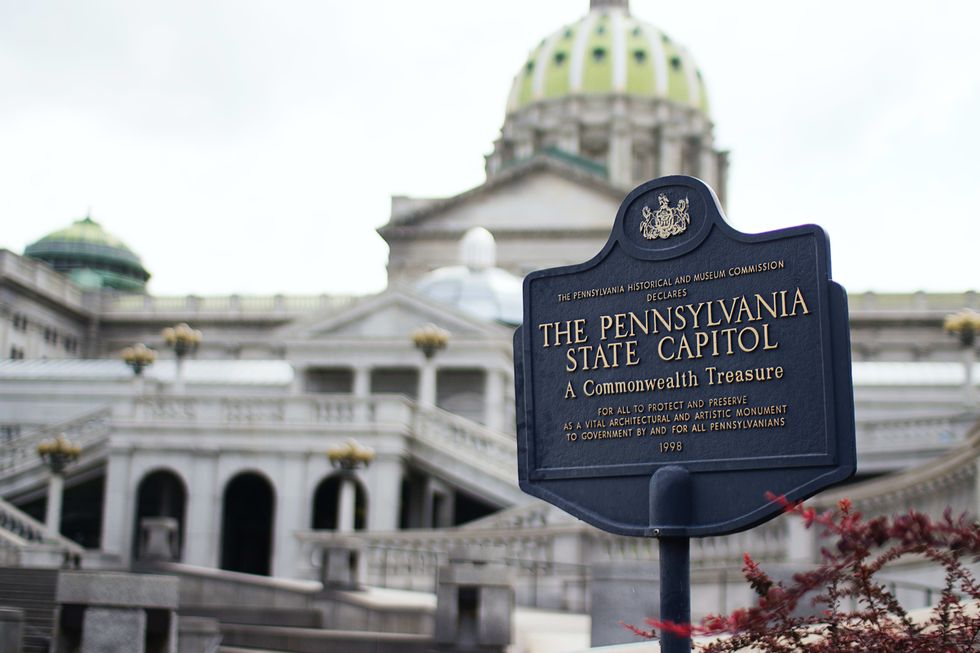
Pennsylvania may be the next domino as Governor Tom Wolf has expressed support for adult-use legislation and the state's exceptional medical program is putting much needed revenue in the state's coffers. As Democratic lawmakers increasingly call for revisiting the issue, Republican opposition is softening given the state's precarious financial position.
Given the pandemic and the fiscal problems that the state is facing, people who may not have formerly considered recreational marijuana as a revenue generator may be brought to the table. I fully believe that recreational marijuana is going to be one of the pieces of revenue that is certainly discussed in the budget cycle. It absolutely will be.
PA State Senator, Dan Laughlin (R)
Even though cannabis possession is legal in Vermont, sales are not. According to news reports, the Vermont legislature may already be considering taking up a bill by year-end to legalize cultivation and sales of marijuana beginning in 2022. Fourth domino.
As for Rhode Island and Connecticut, only time will tell - but one thing is clear. Neither state wants to be on prohibition island watching their citizens flee the state and spend their money elsewhere.
WANT MORE?Sign Up for The Bluntness Newsletter for Your Weekly Dose of Cannabis News.




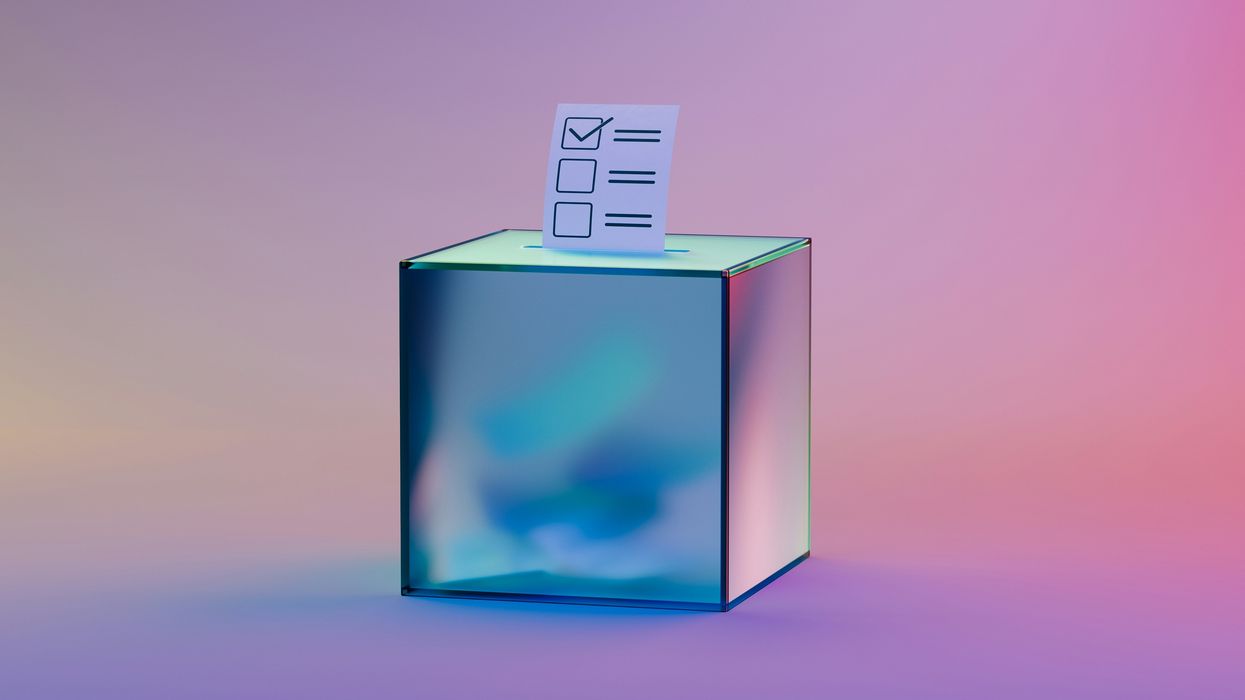

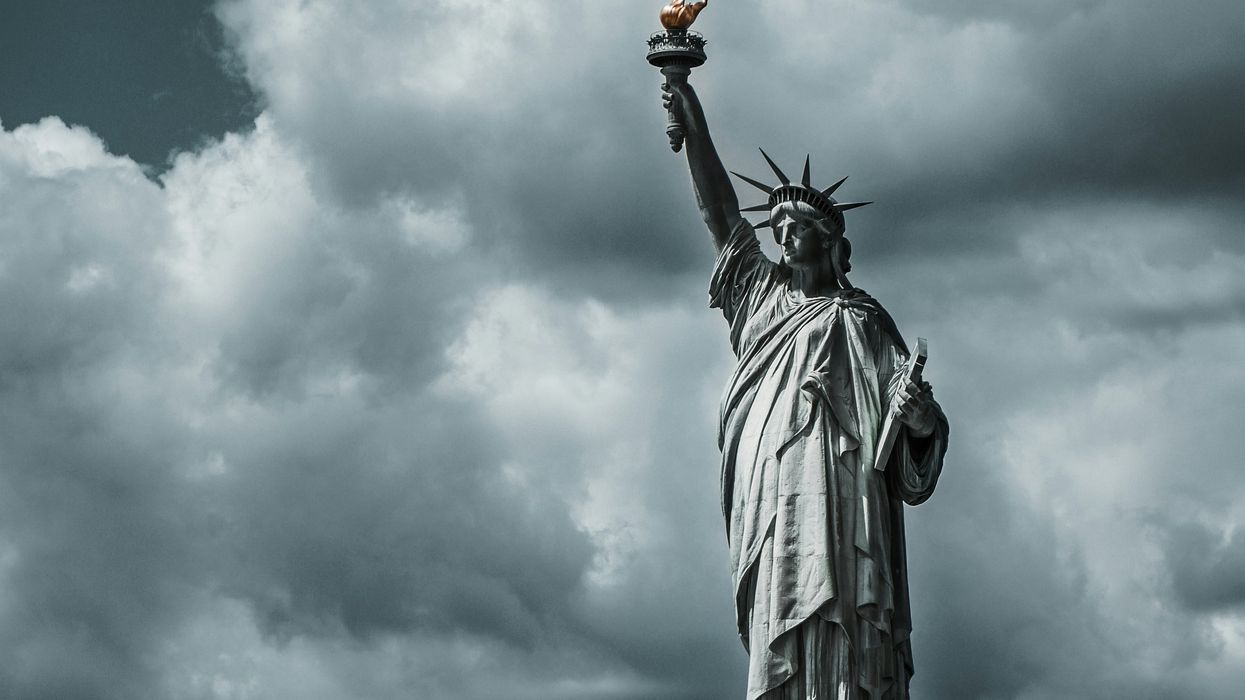




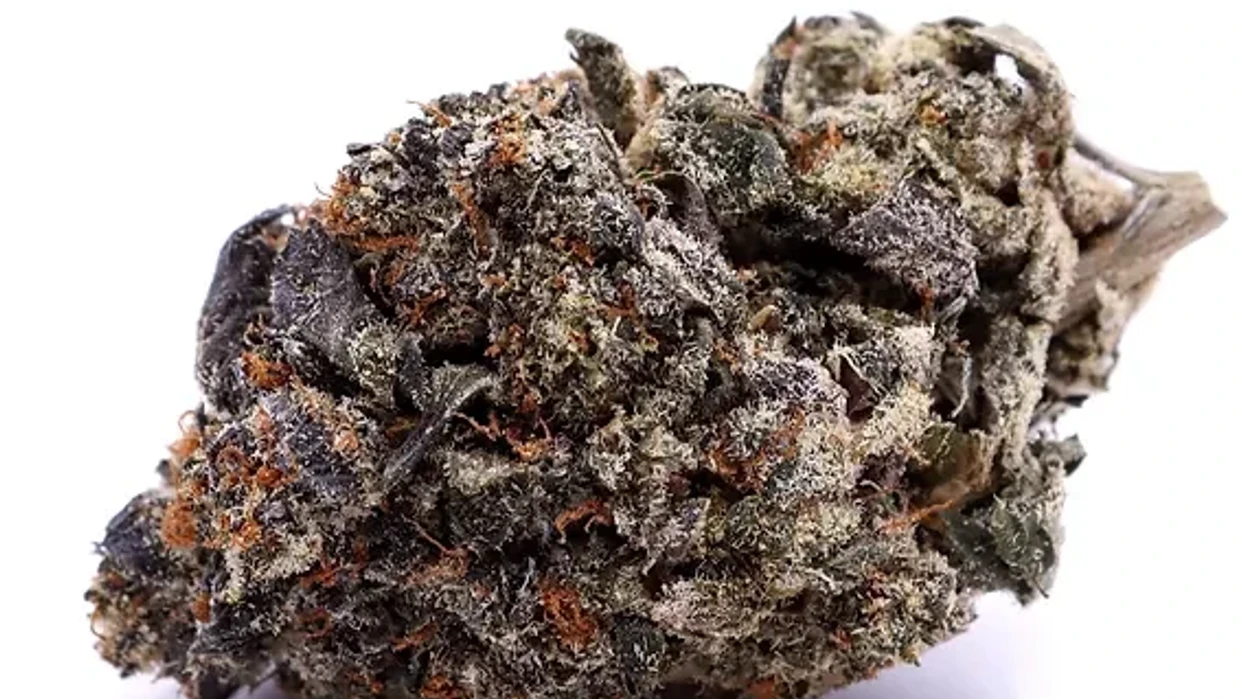





 Psilocybin can provide a life-altering experience.
Psilocybin can provide a life-altering experience. “Don’t diddle the dose. Once you have done your homework, go for it.” -- Terence McKenna
“Don’t diddle the dose. Once you have done your homework, go for it.” -- Terence McKenna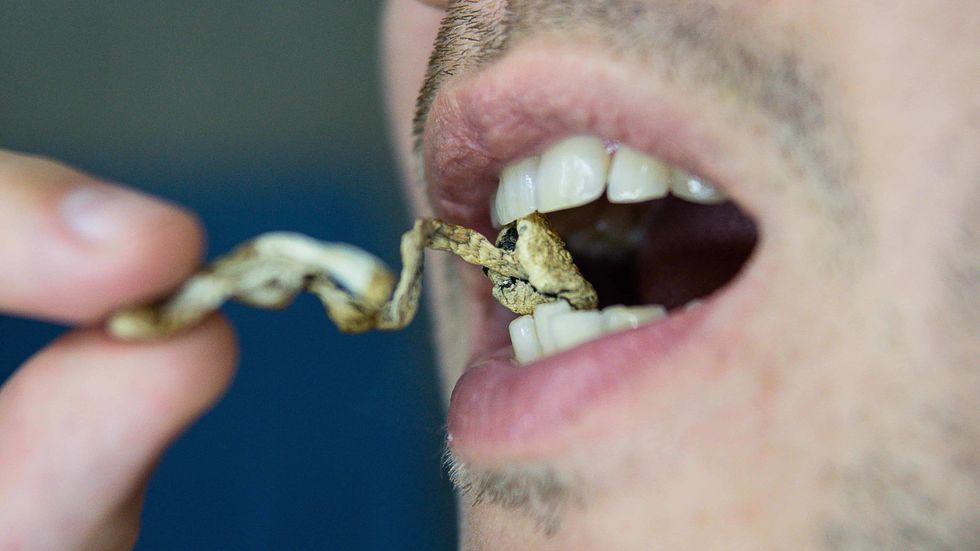 These mushrooms taste gross, but there are ways around that.
These mushrooms taste gross, but there are ways around that.
